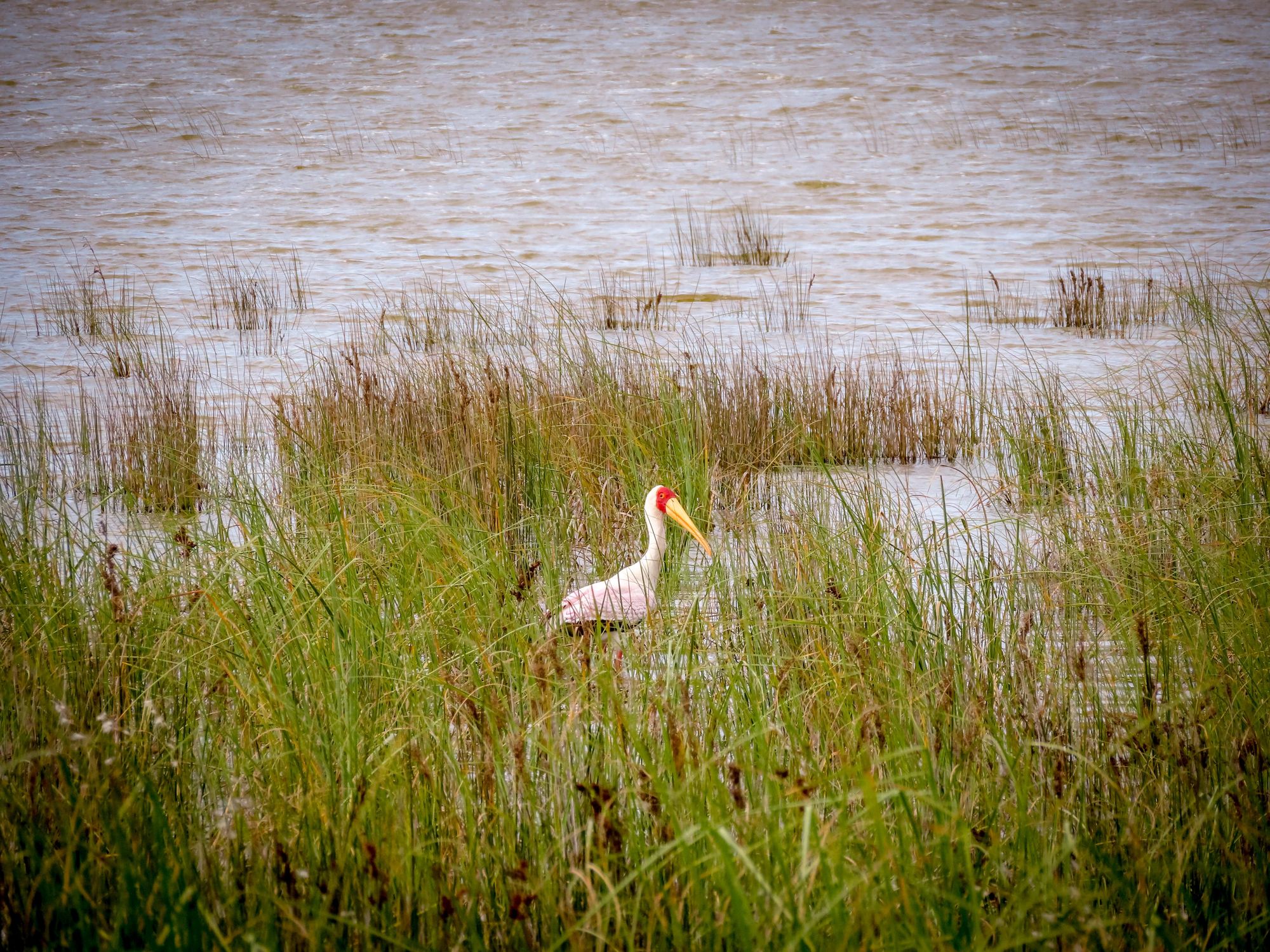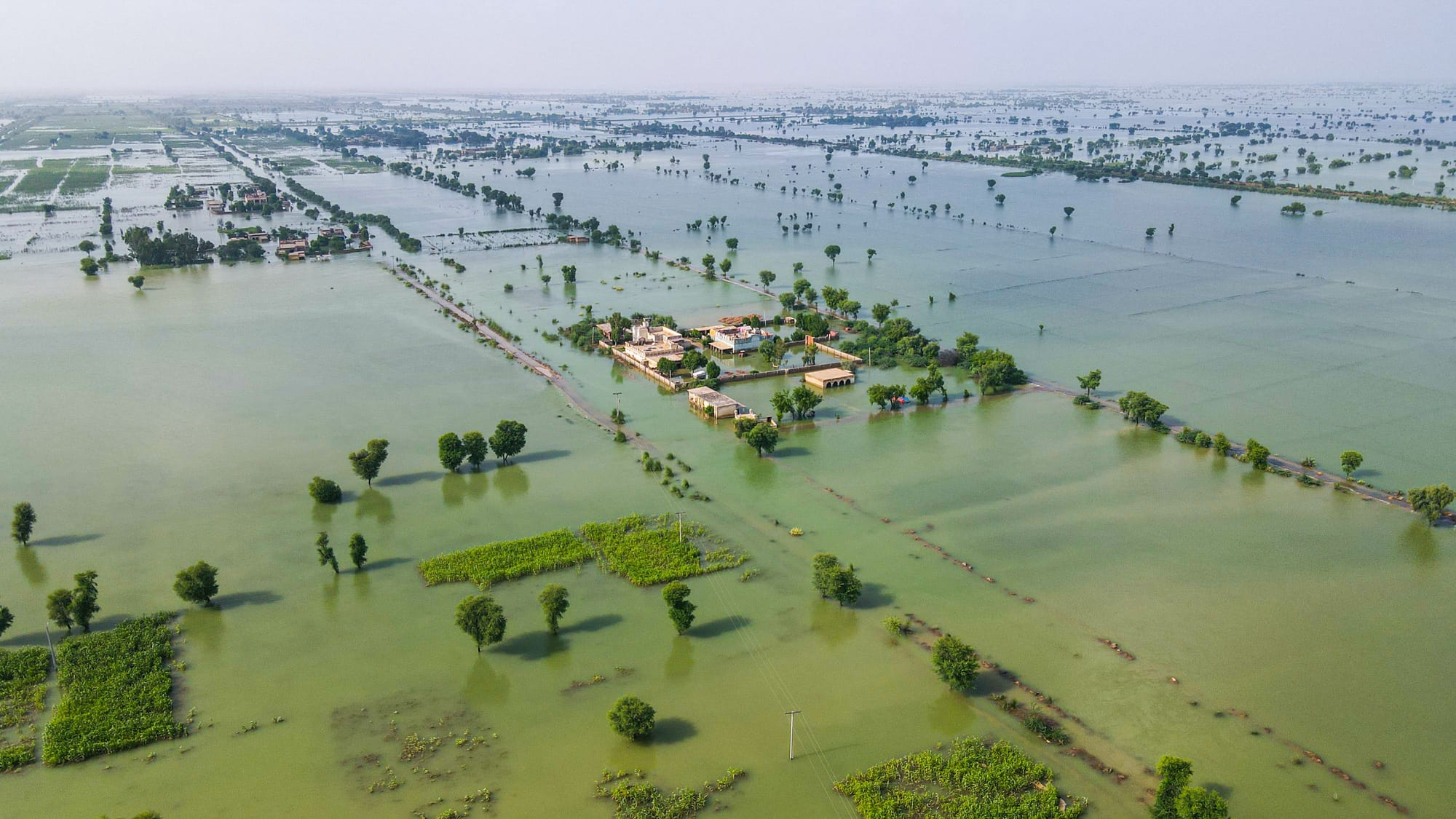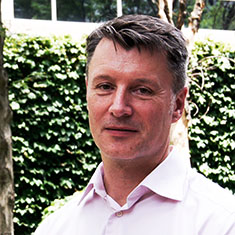Sound environmental policies are essential to effectively address environmental threats. Vera Julien is a trained biologist with extensive knowledge of conservation and governance issues who serves as the lead coordinator for biodiversity policy on the U.S. Agency for International Development (USAID)’s Supporting the Policy Environment for Economic Development (SPEED) project in Mozambique. DAI sat down with Vera to better understand the critical role good governance plays in protecting Mozambique’s threatened biodiversity.
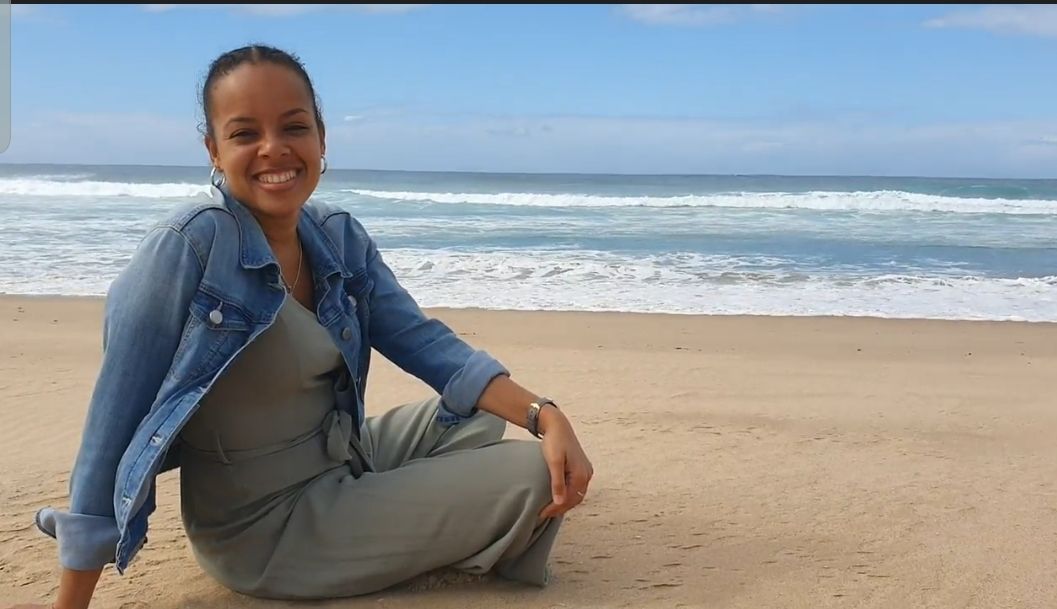
How did you get into the field of biodiversity policy?
It has been more than 11 years since I became a biologist. Most people associate biology with life, with everything around us—and hence the idea that whoever “practices” biology will have knowledge about everything that lives, from the smallest living beings, to the most abstract phenomena of climate change.
I started my career as a university teacher and researcher. And today, with SPEED, I bring experiences and data collected in the field, to guide my country’s decision-making process on natural resources management and conservation, ensuring tangible benefits for all. Facilitating reforms and policy implementation also helps Mozambique attract investments, expand markets, and reduce costs for Mozambican businesses and citizens, which contributes to broad and inclusive economic growth.
What is something you wish more people knew about nature in Mozambique?
Mozambique’s Network of Conservation Areas covers 25 percent of the national territory and has the potential to generate income from tourism and other nature services for the economy and local communities—through job creation, poverty eradication, gender equality, protection, and promotion of the country’s natural and cultural heritage. What is currently being captured falls far below the budget required for robust natural resource management efforts. The country’s biological resources are vanishing due to expanding subsistence agriculture, deforestation for charcoal production, illegal logging for export, wildlife poaching and trafficking, mining and extractive industries near conservation areas, illegal/undocumented/unreported fishing, and urbanization. These factors, combined with weak implementation of national legislation on conservation, threaten Mozambique’s rich biodiversity and ecosystem services while reducing the potential to generate income from nature tourism.
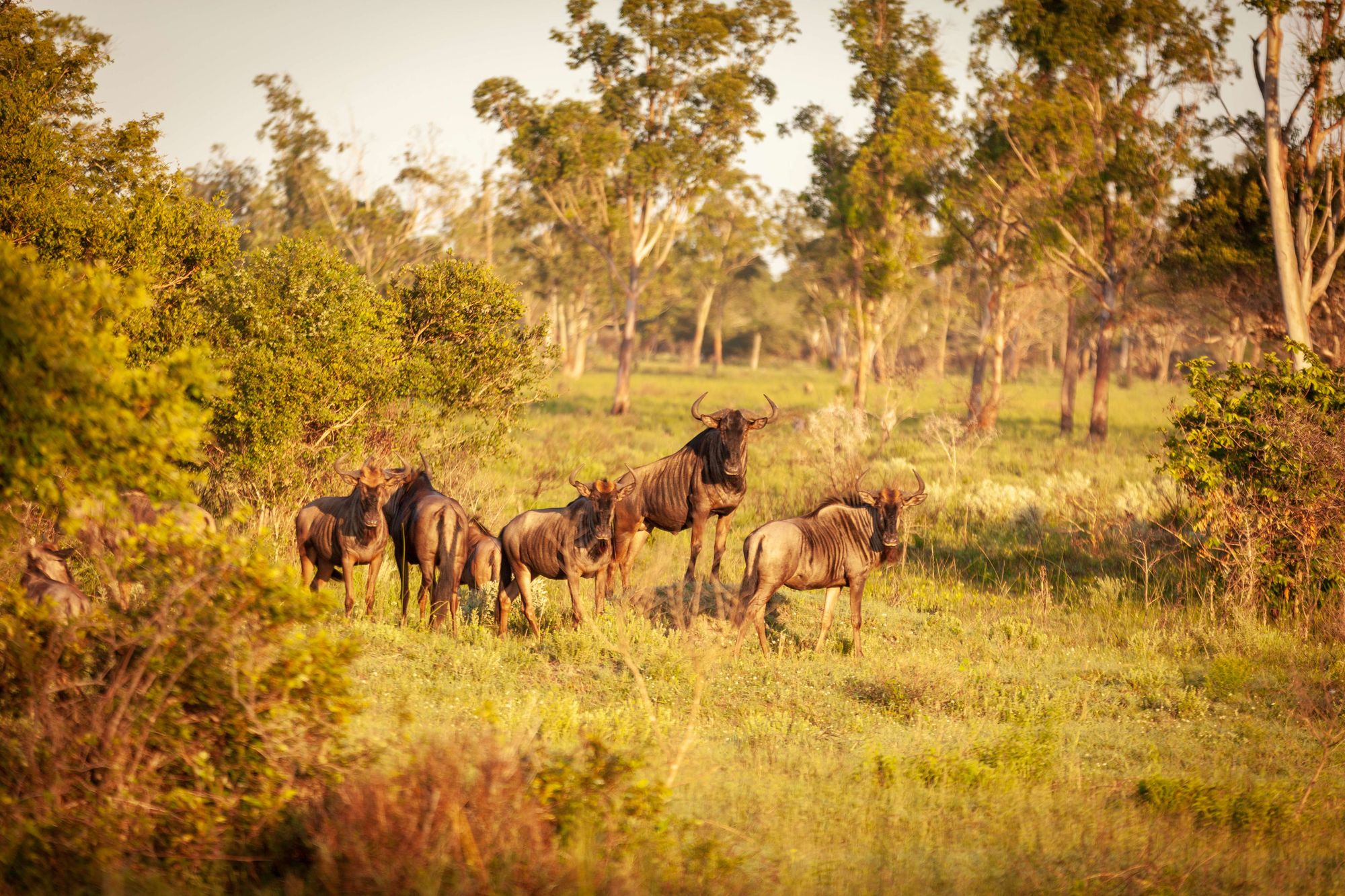
How can we ensure that policy helps address biodiversity threats?
Although substantial steps have been taken to improve the legal framework for protecting, conserving, and promoting the sustainable use of the country’s resources, a strong framework is of no use if it is not understood or promoted, and if policymakers do not understand what losses result from weak implementation. Before supporting policy implementation, we must invest in promoting a better understanding of why natural resources should be protected, and the benefits of having well managed conservation areas. This is an urgent first step.
Wildlife crimes pose as a major threat to biodiversity. Although the country’s current legal framework provides strong penalties and fines to encourage prosecution of wildlife trafficking and poaching crimes, limited understanding of the importance of natural resources and limited capacity to implement laws within the government institutions responsible for law enforcement and in the judiciary sector leaves Mozambique’s natural assets at risk.
How does your role on SPEED contribute to this conservation goal?
Part of my duty is to contribute to the wildlife crime prosecution chain’s capacity to counter wildlife crimes and support increasing transparency and effectiveness in criminal justice system—from wildlife rangers to judges in the court. In collaboration with our partners, SPEED has been working to strengthen the capacity of Mozambique’s criminal justice system (National Administration of Conservation Areas, Attorney’s General and Supreme Court) by developing tools to guide these institutions to successfully investigate, adjudicate, and convict wildlife criminals; provide awareness and capacity building on the social, ecological, and economic importance of biodiversity, and then on how to use the existing tools to ensure compliment with what is required by law.
The results of these efforts have been amazing over the past five-plus years. Our joint support has contributed to almost 100 prosecutors and more than 115 judges getting trained on the importance of protecting Mozambique’s biodiversity by processing wildlife crimes. We reached 366 people (young people, university students, and civil society members) with information on the importance of Mozambique’s biodiversity wildlife crimes. As a result, Mozambique went from reporting more than 1,000 elephants killed annually before 2015 to only 27 in 2018, and zero reported elephants killed in 2020.
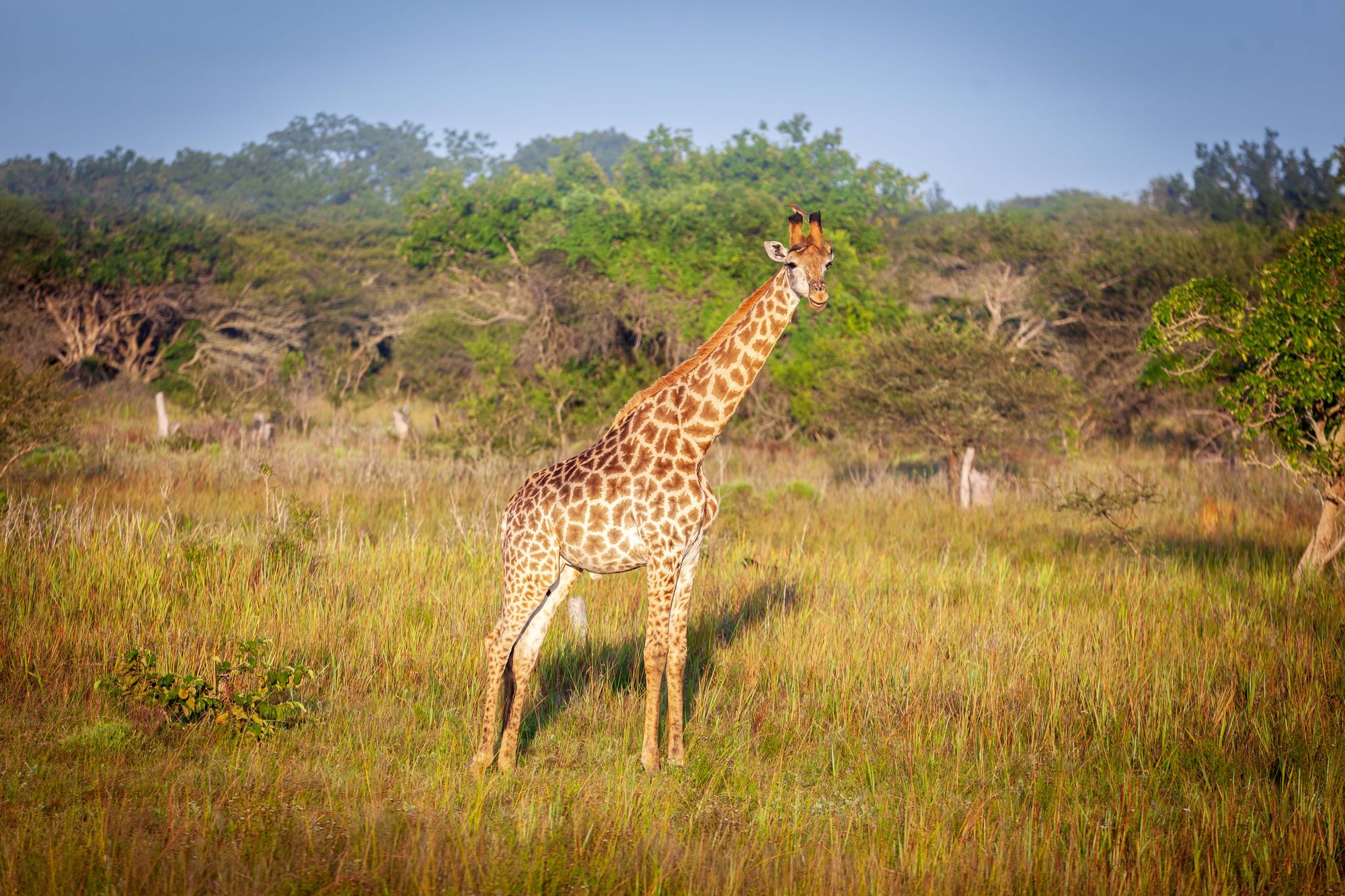
What keeps you inspired to continue this work?
At the end of the day, it all comes down to information—how informed we are, how available information is to facilitate decision making in our daily lives—from community members who can be unknown victims and actors of criminal actions, to the country, which could be benefiting from what nature has to offer.
As a fundamental part of the policy reform process, I also work to ensure that information is readily available to decision makers, politicians, and civil society in general. SPEED and other donors, including the UN Environment Programme World Conservation Monitoring Centre-supported Wildlife Conservation Society to develop the Mozambican Biodiversity Information System (SIBMOZ) website—the first centralized, comprehensive biodiversity website of its kind to be made publicly available in Mozambique. SIMBOZ facilitates technical and scientific cooperation, shares knowledge and data, facilitates decision making, and promotes the sustainable use of biodiversity in the country.
How can we all influence actions that make a difference?
In a world made up mostly of women, and as a woman and mother myself in this huge environment of ours, I try to ensure that information is equally available and accessible to everyone, regardless of race, religion, age, gender, or any other factor. Women play a strong role in the daily management of natural resources—and it is extremely important that we have access to information and have a seat at the decision-making table. Simply put, as the UNDP’s Jennifer Asuako said in 2020: ‘Having both men and women involved in decision making broadens the perspectives, increases creativity and innovation, diversifies the pool of talents and competences, reduces conflicts, and improves the decision-making process.’
My dream is that five years from now, the positive results of the work I’ve done can be used as a reference, to expand and replicate similar initiatives.
To all women, may we never stop chasing our place at the table and may we all make sure we stand up for each other—because it is the balance and diversity that makes room for evolution, for improvement, and for bio-diversity.

